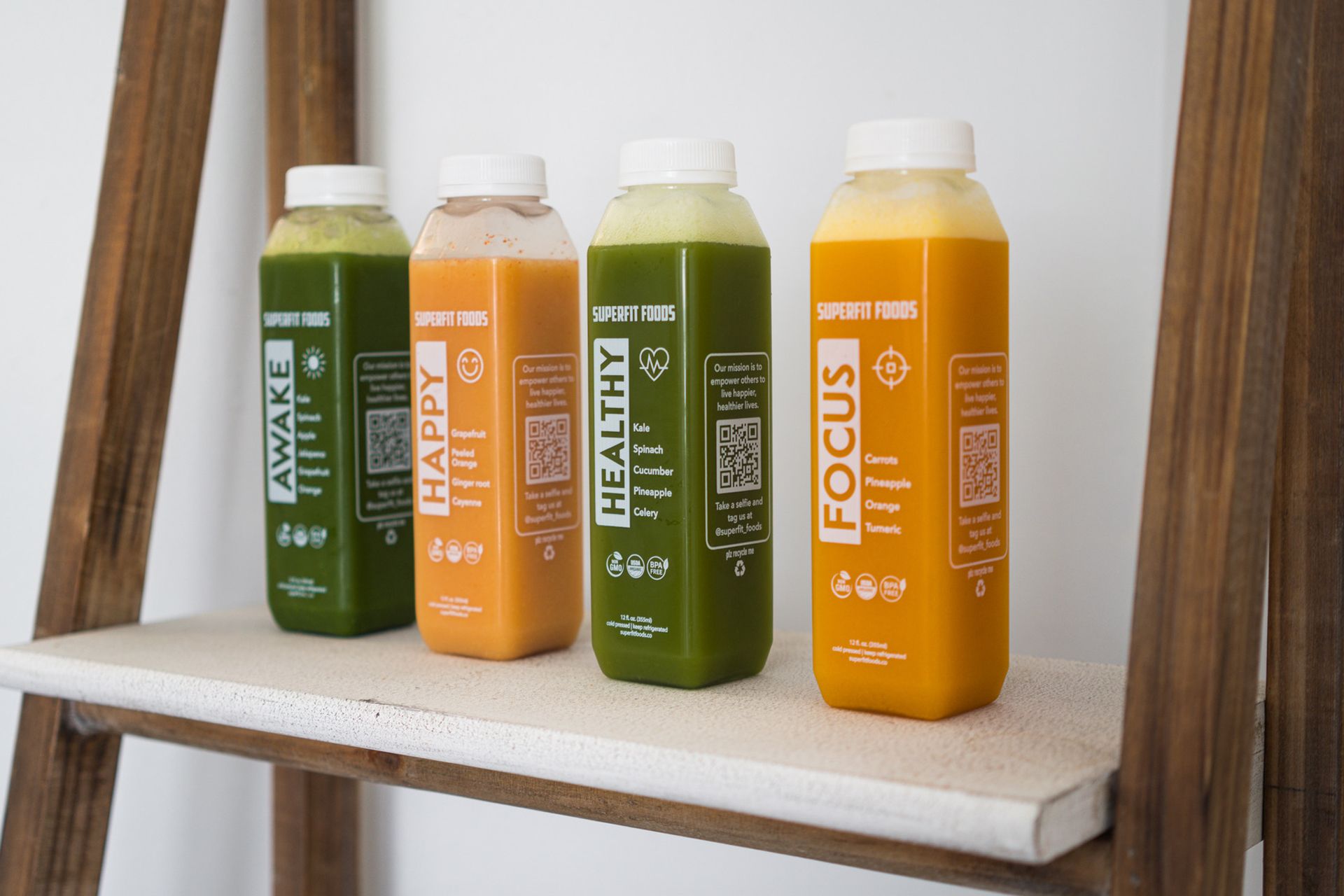Anti-Inflammatory Food to Fight Disease
Inflammation is primarily a natural immune system response. It’s how the body repairs damaged cells and gets rid of foreign irritants or pathogens. However, when acute or short-term inflammation lasts more than a few days, this means that the initial inflammation wasn’t able to eliminate whatever caused the problem. It could also be a sign of an autoimmune disease like rheumatoid arthritis, which means that your immune system is mistakenly attacking normal and healthy tissue. In other cases, the inflammation is caused by gout, a disease that causes a build-up of uric acid in the body, which itself could lead to internal organ damage.
In short, inflammation is both a symptom and a cause of disease, and Science Daily states that controlling inflammation is key to preventing a host of chronic conditions. This is especially relevant today considering how chronic diseases are on the rise in the US, with Maryville University noting that an estimated 164 million Americans will be affected by them by the year 2025. That’s almost half the American population. The good news, however, is that there are plenty of ways to fight inflammation and prevent its various negative outcomes.
Consult Your Doctor Before Any Dietary Changes
The first step to fighting chronic inflammation and its related conditions is to find out what’s happening in your body. Whatever you put in your body should be used to repair and maintain it, so you must do so with care. And as your doctor will tell you, the best long-term way to ensure healthy biological repair and maintenance is to fine-tune your nutrition.
Go Mediterranean
When it comes to anti-inflammatory food, many nutritionists and doctors will attest to the effectiveness of a Mediterranean diet. Based on Italian and Greek diets during the 1960s, it is comprised of a rich and healthy natural food selection which has been shown to reduce inflammatory markers in patients. This diet forbids sugar-sweetened drinks such as sodas, any highly processed food, refined grains, and refined oils. It allows for red meat on occasions, as well as a moderate amount of eggs, poultry, cheese, and yogurt. As for what you can eat, the Mediterranean diet prescribes lots of vegetables, fruits, nuts, legumes, seeds, whole grains, potatoes, herbs, spices, seafood, and extra virgin olive oil.
Herbs are Your Best Friend
Ginger has long been used for treating a wide array of ailments, including constipation, dyspepsia, and inflammation. Meanwhile, turmeric contains a substance called curcumin , which has been credited for its strong anti-inflammatory properties. These two alone can be taken regularly either as spices in solid food or in the form of tea throughout the day, often resulting in decreasing the amount of inflammation. Before you try any other reputedly anti-inflammatory herbs or crops, Medical News Today advises that there are some adverse effects alongside legitimate anti-inflammatory properties. When in doubt, it’s best to consult your doctor.
Simply being more mindful of the food you eat can help you fight inflammation and its many related conditions. Here on Superfit Foods we have explained that reducing inflammation can increase joint flexibility and longevity. As well as ensuring joint mobility, a regular and anti-inflammatory diet may also help you fight Alzheimer’s disease, kidney failure, liver failure, asthma, and even heart conditions.
Exclusively written for superfitfoods.co
By Alisha Clarke
The post Anti-Inflammatory Food to Fight Disease appeared first on SUPERFIT FOODS.










